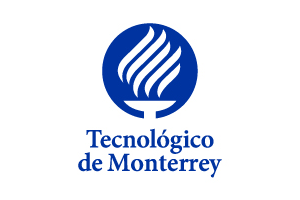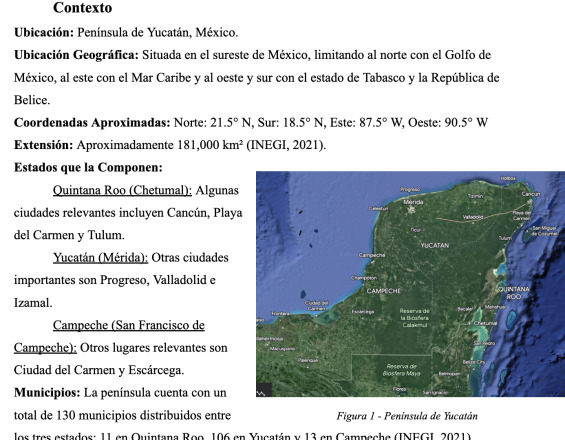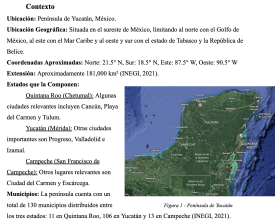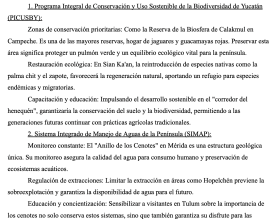
The Sustainable Yucatán Plan 2030

The Yucatán Peninsula, an ecological and cultural epicenter in Mexico, has faced challenges from economic growth, tourism impacts, and agricultural pressures. Recognizing the need for a harmonious balance between progress and conservation, the proposed "Yucatán Sustainable Plan 2030" emerges. This initiative aims to integrate economic development with environmental conservation in a holistic manner. The plan prioritizes areas like responsible water resource management, conscious tourism practices, and sustainable agriculture by marrying traditional knowledge with modern innovations. Emphasizing biodiversity, the strategy also envisions an integrated approach to ecological conservation and cultural appreciation. Furthermore, it underscores the importance of education and research as pivotal tools. The success of this endeavor depends on collaborative efforts from government, communities, the private sector, and academia. The goal: a prosperous Yucatán that honors and safeguards its heritage for future generations.
Impacts
Environmentally, the "Yucatán Sustainable Plan 2030" envisions a marked reduction in ecosystem degradation through 13 points. The proposed strategies could potentially restore vital water sources, such as the region's cenotes and aquifers while promoting sustainable land use. As a result, habitats of endemic species like the Yucatán spider monkey and ocellated turkey might witness improved health, preserving the area's rich biodiversity.
Socially, the plan intends to strengthen the cultural ties of local communities by valuing and incorporating their ancestral knowledge. By integrating communities into the planning and execution processes, there's an anticipated rise in local engagement and pride. This, in turn, ensures traditions are preserved while advancing in a rapidly globalizing world.
Economically, there's potential for sustainable growth. By redirecting tourism towards a more conscious model, local businesses could see increased revenues without jeopardizing the environment. Additionally, by promoting resilient agricultural practices, farmers might achieve higher yields, reinforcing the region's status as a major honey producer, and bolstering its diverse agricultural output.

